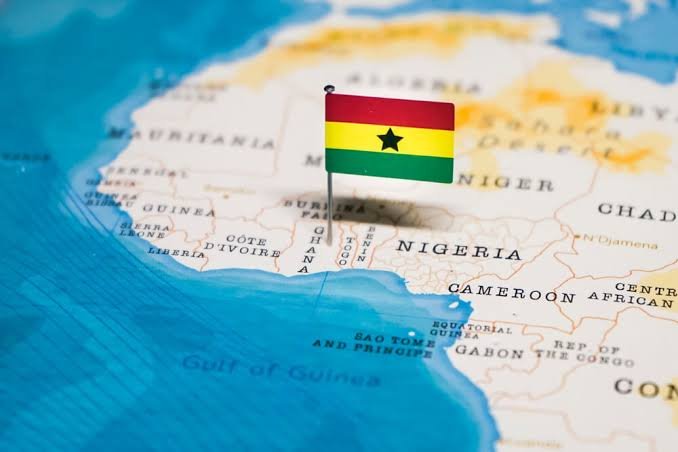For decades, African nations have dreamed of borderless travel, a vision rooted in unity, shared identity, and economic cooperation. Now, Ghana has taken a bold step to make that dream a reality.
Last year in December, Ghana’s former President Nana Akufo-Addo took a significant step towards promoting pan-Africanism by granting executive approval for the country’s visa-free policy for all Africans. This move paved the way for the policy to take effect in January 2025, right before the end of his term.
The importance of visa-free travel cannot be overstated. It’s a game-changer for economic growth, facilitating trade and investment, fostering cultural exchange and tourism, and strengthening people-to-people connections. Visa-free travel acknowledges the shared history, culture, and identity of African nations, promoting a sense of community and cooperation. As the African Continental Free Trade Area (AfCFTA) aims to establish the world’s largest single market, visa-free travel is a crucial step towards achieving this goal.
Ghana’s decision to implement a visa-free policy for African travelers aligns with a growing continental push for regional integration. It joins the ranks of countries like Benin, The Gambia, Rwanda, and Seychelles, which top the Africa Visa Openness Index for their progressive stance of granting unrestricted access to all African passport holders.
These nations illustrate the transformative potential of visa-free travel in fostering economic cooperation. Rwanda, for example, has leveraged its open-door policy to boost tourism and investment, while Seychelles has experienced similar gains in economic activity. The move reflects what Dr. Akinwumi Adesina, President of the African Development Bank, articulated as essential for trade and unity: “We cannot say we have borderless trade when we put up barriers for people to travel.”
Ghana’s visa-free policy is a bold declaration of pan-African unity and a litmus test for its ability to manage the accompanying economic and social complexities. Yet, beneath the symbolic triumph lies a persistent domestic crisis that threatens to undermine the policy’s potential: the scourge of galamsey, or illegal gold mining.
Galamsey has ravaged Ghana’s environment and economy, implicating both local and foreign actors, including nationals from Burkina Faso, Côte d’Ivoire, and China. The practice has decimated forest reserves, polluted vital water bodies, and destroyed farmlands, with cocoa—the backbone of Ghana’s agricultural exports—bearing the brunt of the damage. The Ghana Cocoa Board reported that cocoa production in 2024 fell to less than 55 percent of its seasonal output, primarily due to illegal mining activities. In the Mankurom community alone, over 100,000 acres of cocoa farms have been obliterated. According to Nana Kwesi Barning, coordinator of the Ghana Civil Society Cocoa Platform, the Cocoa Swollen Shoot Virus Disease (CSSVD) and galamsey are the chief culprits behind this dramatic decline.
The health implications are equally alarming. Communities near mining sites face exposure to toxic chemicals and heavy metals, creating long-term risks for both locals and travelers. The environmental and public health fallout reveals the urgent need for government intervention.
Despite efforts to combat the crisis, galamsey persists, exposing a gap in enforcement and regulatory oversight. However, Ghana’s recent change in government offers a crucial opportunity to recalibrate its approach.
For Ghana to fully realize the benefits of its visa-free policy and strengthen its role in regional integration, stopping galamsey is non-negotiable. The success of this initiative will depend on the nation’s ability to balance its aspirations for pan-African unity with the imperative of resolving deep-seated domestic challenges.
______
Oluwabukola Kuteyi is a journalist and pro-freedom writer. He’s a 2024 Journalism for Liberty Fellow at the Liberalist Centre.













